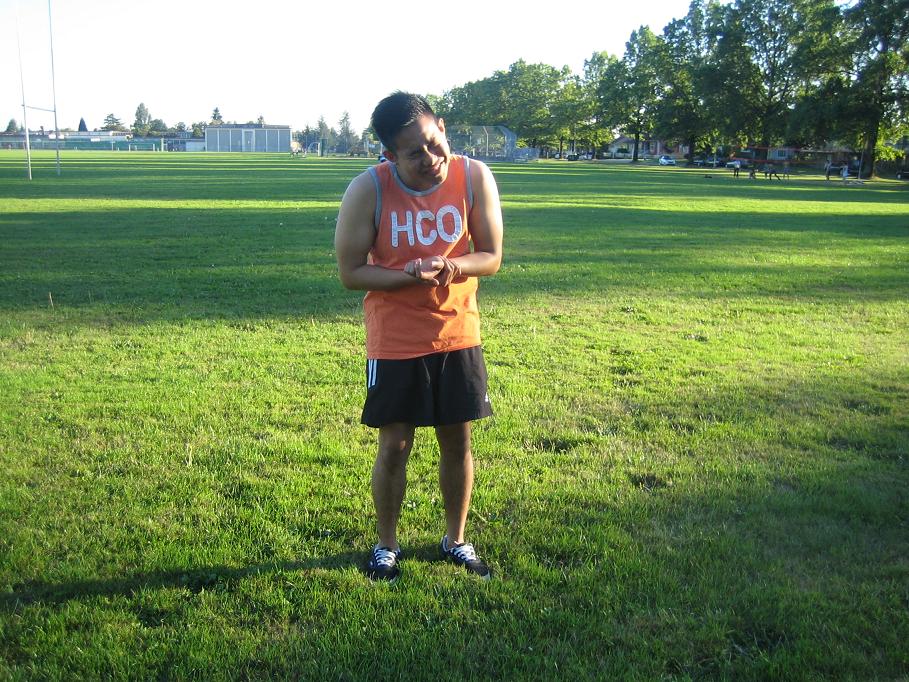Itching is an unpleasant sensation that triggers the urge to scratch. This is medically called as pruritus and can be localized to a certain region in the body or generalized. It is important to note that the itching can be linked with a rash that might either be the cause or the result of scratching. In some cases, there is no evident rash linked with the itching. Regardless of the existence or absence of a rash, the itching can be debilitating particularly at night time when the individual is trying to sleep.
Why does it occur?
Always bear in mind that itching and pain are strikingly similar sensations since similar nerves transmit both signals to the brain. Once the area of skin is scratched by the individual, the same area can become even more itchy resulting to more scratching which is called the itch-scratch cycle.
Generally, the itching can be linked to an issue with the skin or a different underlying condition. Once the itchiness is focused on a particular region of the skin, a systemic disease is not usually the cause.
Causes of itching
The cause of the itching can be categorized into generalized and localized. The areas that are itchy which are localized on a single region are likely triggered by a skin issue. The region that is itchy can provide an indication regarding the cause of the itching.

When it comes to generalized itching, it might be due to various skin issues as well as systemic diseases. Certain diseases that trigger itchiness all over the body include atopic dermatitis, hives and contact dermatitis.
The itchiness might also be triggered by certain medications, iron deficiency, infections, liver disease, iron deficiency, kidney disease, low or high thyroid function as well as certain forms of cancer.
Treatment
In case the cause of the itching can be determined and avoided, it can be treated, but this is not always possible. The management of the itchiness usually depends on the cause, but some general measures are applicable to most cases of itching.
Itchiness due to dry skin
Many individuals who have dry skin have hard time finding relief. There are various skin treatments which include over-the-counter moisturizers as well as prescription steroid creams might not be effective alone.
The technique of “soak and slather” is highly effective in dealing with dry skin. This method involves bathing in a warm, plain water bath every night that is followed right away by the application of a topical corticosteroid-based ointment on the moist skin for up to 2 weeks. Proper skin care is maintained by using a daily moisturizer after the bath.
Creams for itchy skin
The topical steroids are anti-inflammatory medications used to treat various skin issues. These medications work by reducing the itching, inflammation, flaking and oozing when applied on the skin one or several times a day.
Antihistamines
There are certain forms of itching especially hives that respond well to treatment using oral antihistamines. There are various choices of antihistamines including the prescription variants and over-the-counter forms. Take note that some antihistamines can greatly benefit via their sedative side effects that can be useful at night time.

